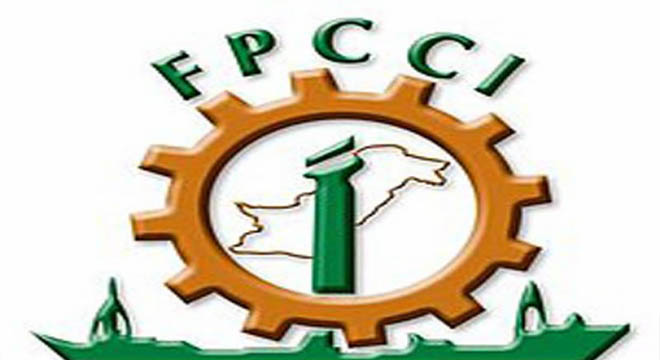LAHORE – Raising serious concern over the falling trend of foreign direct investment, the Federation of Pakistan Chambers of Commerce and Industry (FPCCI) has said that the FDI has fallen by 30% in the first eight months of FY21, reflecting foreign investors’ poor confidence in the country’s investment environment.
The government has been claiming to endeavor to invite foreign investment in the housing sector but failed to make the sector attractive in this regard. Investment in construction industry has improved at local level but the sector has huge prospects for foreign investors, as the country has been lacking more than 10 million housing units for its 220 million people, observed Mian Anjum Nisar, the FPCCI’s ruling group BMP Chairman.
“We need to prepare the ground for attracting larger FDI flows in the medium and long-terms, making the local environment more attractive for foreign investors. Pakistan should continue to get some FDI under the China-Pakistan Economic Corridor (CPEC) and even accelerate its inflows by gaining wider domestic socio-political support for CPEC projects and by removing procedural bottlenecks that delay their timely implementation,” he added. He said that faced with a balance-of-payments issue, country urgently needed as much foreign investment as possible keeping in view of limited scope of volumetric expansion in exports and remittances in the short-term.
Mian Anjum Nisar said that Pakistan has been unable to attract any sizeable foreign investment for the last several years despite providing incentives on taxes and assurances for one-window facility to the investors.
Statistics show that the country received $1.3 billion in FDI during July-Feb 2020-21 compared to $1.85 billion in the same period of last year, a decline of 29.9%, indicating that the government has failed to win the confidence of foreign investors in the national economy due to multiple reasons. Moreover, the inflow of FDI in February has registered a steep fall of 44% to $155 million against inflow of $277.5 million in Feb 2020. It is fact that the entire world has been witnessing falling inflows of FDI due to the Covid-19 pandemic.
“The pandemic has eroded the trust of investors in investment, which has an adverse impact on every step of FDI, including input supplies, increasing uncertainties and liquidity constraints for the multinational firms, he said and added there are also other external factors out of the government’s control.”
It is unfortunate that the portfolio investment also presented a dark picture as it noted a net outflow of $256 million during 8MFY21 compared to an outflow of $26.3m in the same period last year.
The State Bank of Pakistan (SBP) data showed that the overall foreign private investment during 8MFY21 dropped by 43% to $1.04 billion compared to $1.83 billion in the same period last year.
The BMP chairman said that the Chinese investment remained at the top of the list of countries invested in Pakistan but the inflows from Beijing also dropped to $493 million during 8MFY21 despite the fact that for last several years China has been the top investor in the country. While the country is getting extra support from remittances being sent by the overseas Pakistanis, it looks still hard to improve the foreign investments and exports to any significant level.
The FPCCI leader said despite all-out efforts and incentives, exports grew slowly while foreign investment could see a change once the country exited the FATF grey list. The status quo for international investment for Pakistan has always focused on coal and power but the government should tap into the small, growing sectors, such as technology, to see how it can build a more sustainable economic base, even in times of crisis. Mian Anjum Nisar observed that the government, now in its third year, is trying to take FDI to new heights but its efforts are yielding a moderate success only, as the foreign portfolio investment in equities, too, remained negative in 2018-19 and 2019-20 in continuation of an earlier trend.
The FPCCI former chief said that economic fundamentals are not strong and fast-changing dynamics of geopolitics demand too much from the country if it wants to attain sustainable economic growth and development. These two factors, combined with the Covid-19–triggered recession in major economies, make it difficult to accelerate growth of foreign investment.
Follow the PNI Facebook page for the latest news and updates.









